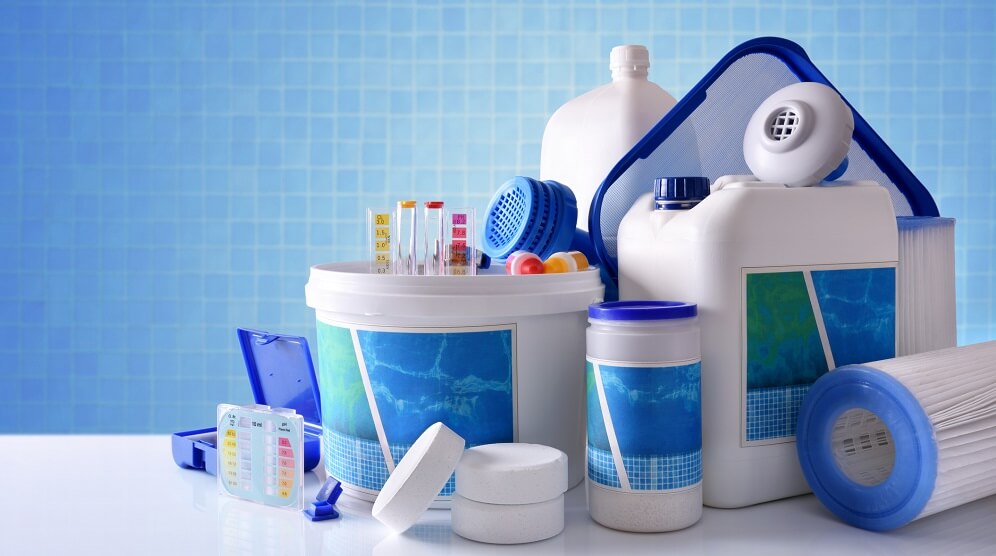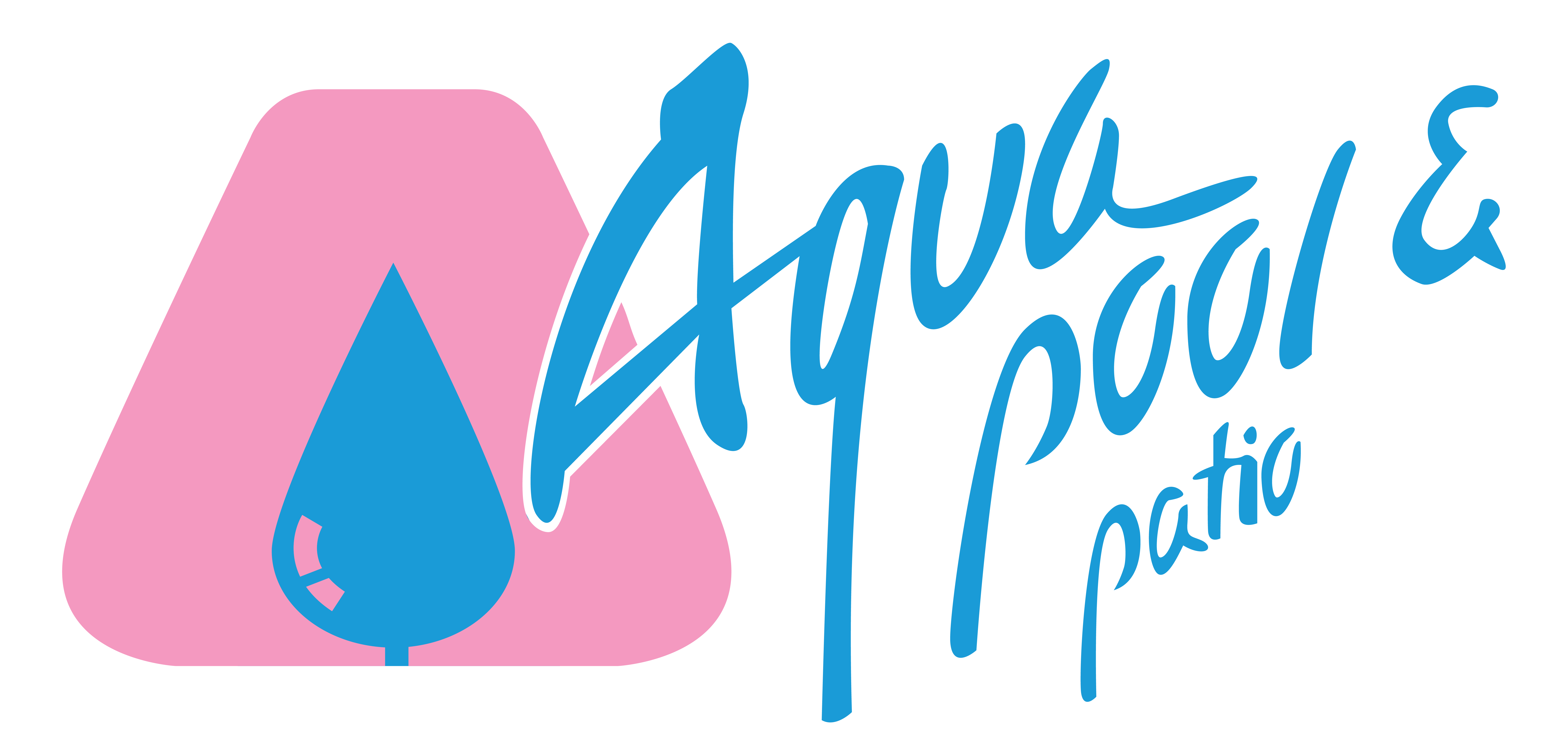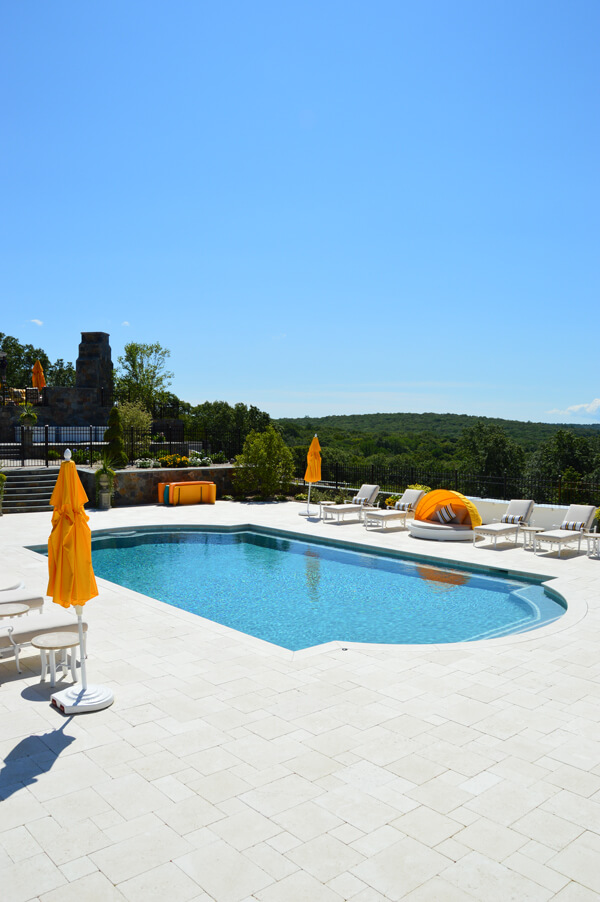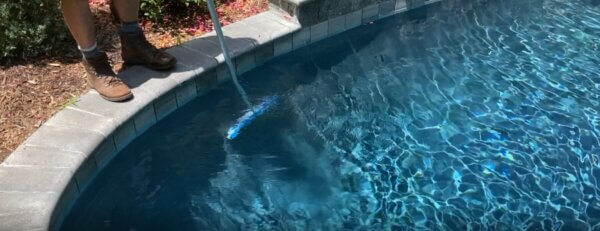Will There Be a Pool Chlorine Shortage in 2022?
Over the past several months, pool owners nationwide have faced skyrocketing prices and a severe shortage of the chlorine needed to keep their pools clean and sanitary for swimming. While the shortage has been partially caused by pandemic-related factors—most notably, the significant increase in pool construction as people have spent unprecedented amounts of time at home—one of the biggest drivers behind the lack of available chlorine has been the destruction of the BioLab plant due to a fire during Hurricane Laura in August 2020. Given that the BioLab plant was responsible for approximately one-third of the trichlor (chlorine) production in the U.S., its loss was catastrophic at a time when manufacturers were already struggling with production delays and surging demand for pool chemicals.
For those wondering whether the chlorine shortage will continue in 2022, there is reason to be optimistic: the BioLab plant is currently being rebuilt and is expected to open next spring. Additionally, the plant is aiming to increase its production capacity by 30% to accommodate the heightened demand for chlorine products.
While the news of BioLab’s reopening is promising, pool owners should anticipate that it may take a while for the chlorine shortage to be fully resolved—particularly as the demand for new pools remains high and a variety of factors continue to cause supply chain problems.
If you are concerned about being able to obtain sufficient chlorine to meet your needs, the team at Aqua Pool can offer solutions for keeping your pool clean. In addition to supplying chlorine and other chemicals, we can help by converting your pool to saltwater. Since saltwater pools use a system that transforms salt into chlorine, they eliminate the need to add chlorine tablets to the water while also offering several benefits that contribute to a more enjoyable swimming experience. To learn more about how we can help, call us today at (860) 623-9886 or visit our East Windsor location!









